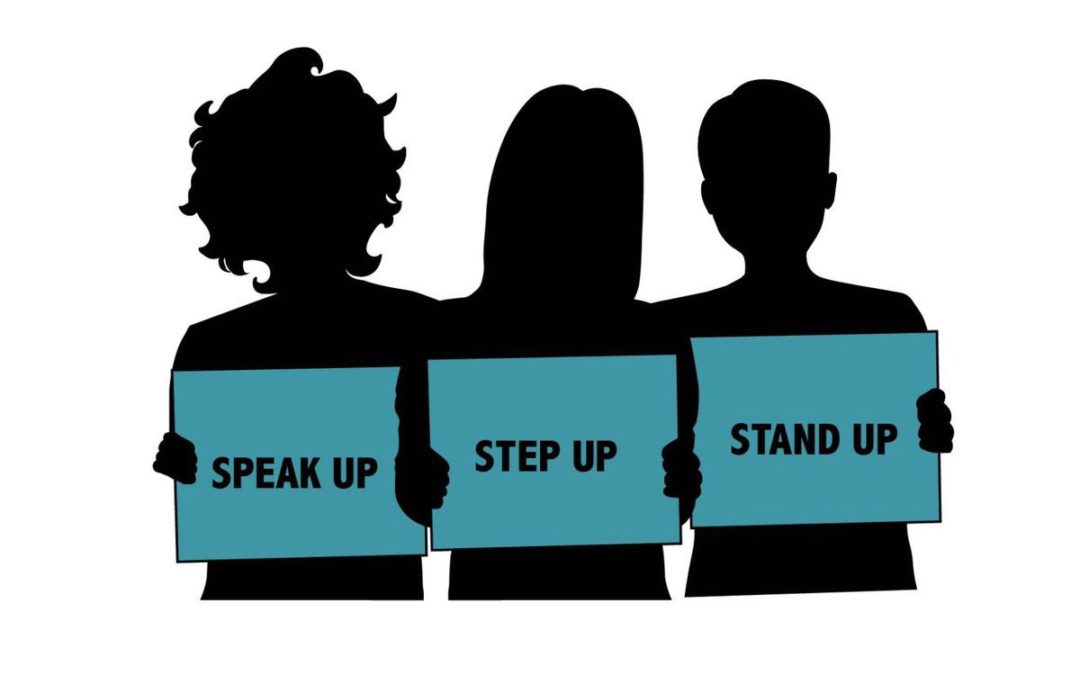Like many other women who heard Dr. Ford’s testimony before the U.S. Senate committee, I recalled the testimony of Atty. Anita Hill from 27 years ago, and also heard it in concert with my own experiences. As she testified, I recalled my own sexual assault as a college freshman, and the remark and recoiling of my drunken assailant when he saw my driver’s license on my dorm room bureau… “Oh wow, jail bait”.
Knowing how well my own experience is etched into my mind, I’ve been bothered by all of the doubting of Dr. Ford’s memories, the suspicions raised as to the accuracy of her recollections and the fact that no one seems able to corroborate her allegations. It brought me to a decision to conduct a small experiment of my own. I decided to call the only friend I knew I’d talked to at the time of the assault to see if and what she remembered of what I’d told her of my experience.
I was gratified to know that she remembered exactly who had assaulted me (he was a BMOC, the kicker on the football team), but her best memory was that it was during our junior year. She told me she was disappointed to realize how off she was in terms of dating my experience. I was grateful that with all of the time passed and the other experiences of her own life, she still remembered it at all. However, I can only imagine her cross examination as my possible potential “corroborator”, other than the perpetrator and his very drunk accomplice (the Mark Judge to Dr. Ford’s Brett Kavanaugh).
Our conversation carried on and it brought me to a couple of other memories. Firstly, that I later wrote a letter to my assailant. I remember handing it to him and his taking it although he never had the courage to discuss it with me afterwards. It did however make me feel more empowered (at least in retrospect). Secondly when junior year I was a Resident Advisor and an underclassman in my dorm attempted to grope me on a dark stairway as I was making rounds late at night, I not only had the strength to tell him to take his hands off of me but I reported the incident to the Dean of Students. Amazingly the Dean requested the student leave the college, and I remember watching as his parents picked him up and drove away with him in the back seat looking forlorn. I also remember feeling simultaneously grateful and guilty. Had I somehow ruined his life? Was what he’d done really that bad? After all it wasn’t nearly as much of a violation as my freshman year experience had been. Yet junior year I was in a position of power, and I was believed. Taking action is never easy, and for me it was not done without some ambivalence as an accompaniment.
Knowing I’d kept a diary during some of my college years I began to wonder if I’d written about either of those experiences. I hunted for it and I struck proverbial gold. My very first entry was about my freshman year assault. I began to read, and then I couldn’t put it down (not on account of good writing but on account of compelling content). It was difficult reading but also in light of the many years that have passed, I felt removed enough from it all to simply read it with curiosity (almost as though I was reading about someone other than myself). The level of descriptive detail surprised me. The essential facts of the assault were as I remembered them, but I was struck by how much I hadn’t recalled, and some things that I vividly recall that I didn’t record at all- the visceral experience: the elements Dr. Ford described as being recorded in the hippocampus.
What my private experiment revealed and confirmed to me is that traumatizing experiences are not easily forgotten, but over the course of time the details become contextualized and many of them become muted, like the blurring of a watercolor painting that has undertones outlined in dark crayon.
My second take away is the extraordinary role power plays in one’s ability to have a voice. As a freshman I didn’t use my voice to speak to the administration about how I’d been assaulted, whereas when I was a junior in a position of some authority I did. Despite as a junior feeling ambivalent about the role I played in upending a peer’s college experience, I knew I’d spoken the truth, I felt empowered by having been heard, and over time that incident receded into the recesses of my mind. I can’t say the same is true of my freshman experience. It didn’t derail me but it has remained with me all these years later.
Somehow all this musing makes me recall the scene Shakespeare evoked at Julius Caesar’s funeral when Marc Antony said “The evil that men do lives after them.” Evil is recorded not only in our history books but in our minds as well, and for healing to occur we must trust the memory of a victim, and give her the power to be heard.
For most people divorce and the dissolution of one’s primary relationship is a traumatizing experience. And although the adversarial trial process is the hallmark of our legal system and I believe there are many advantages it bestows upon us all, using it and cross examination (a format that relies upon precise recollection as a means of impugning a witness’s credibility) as the usual forum for a divorce, and expecting a family to then evolve to its next iteration seems to me to be a flawed paradigm and not the best way to provide families the greatest opportunities to achieve their best possible outcomes.


